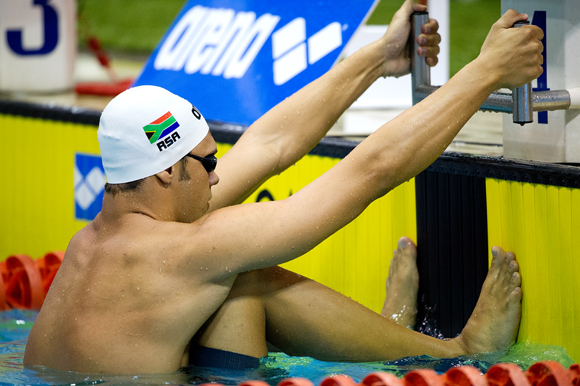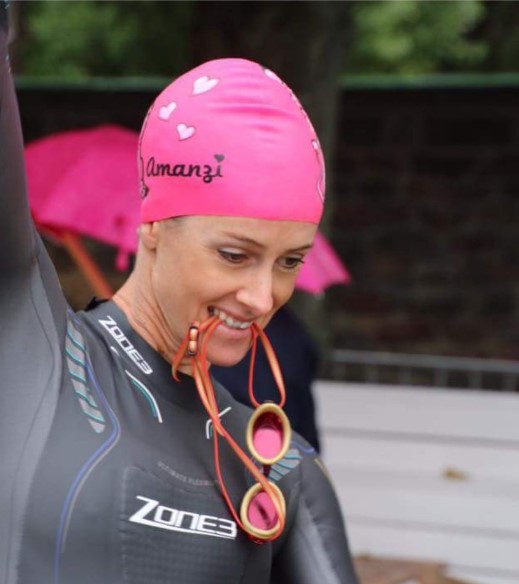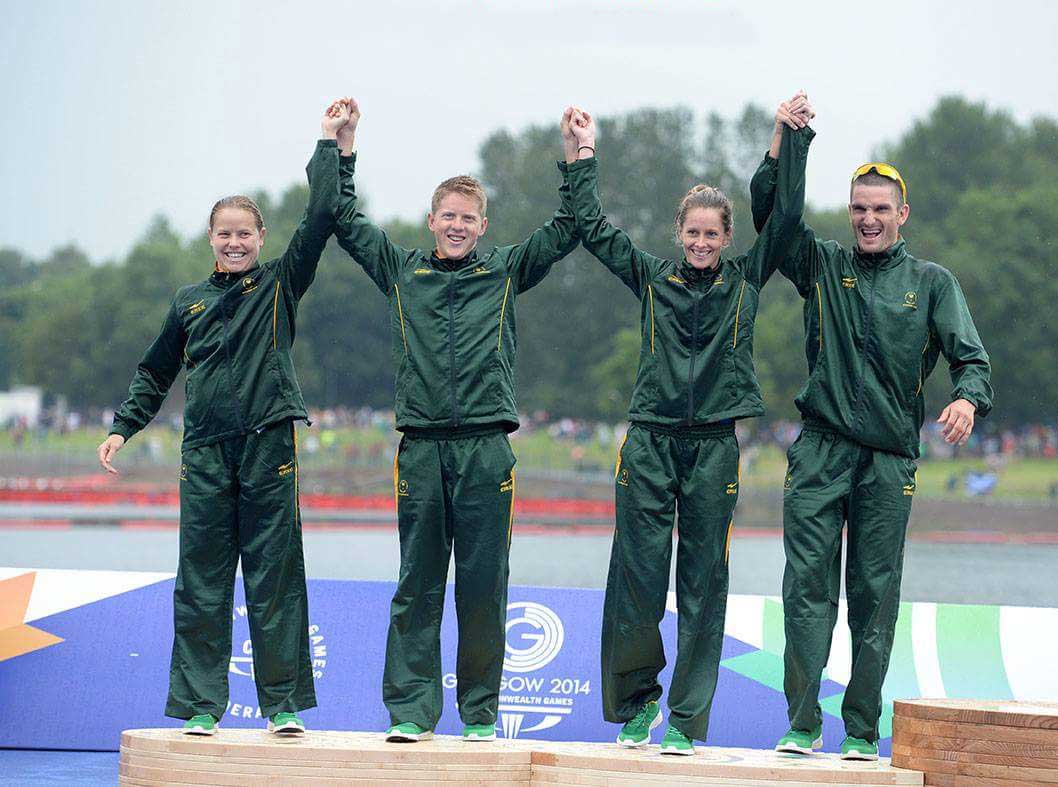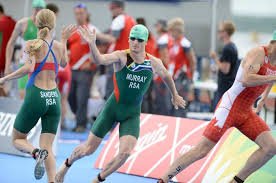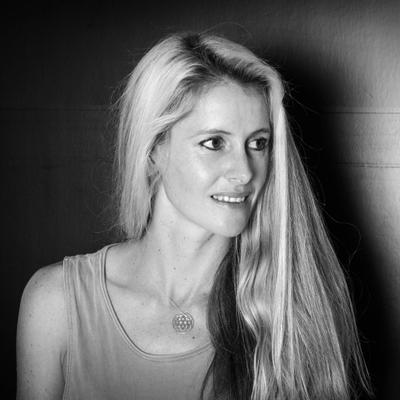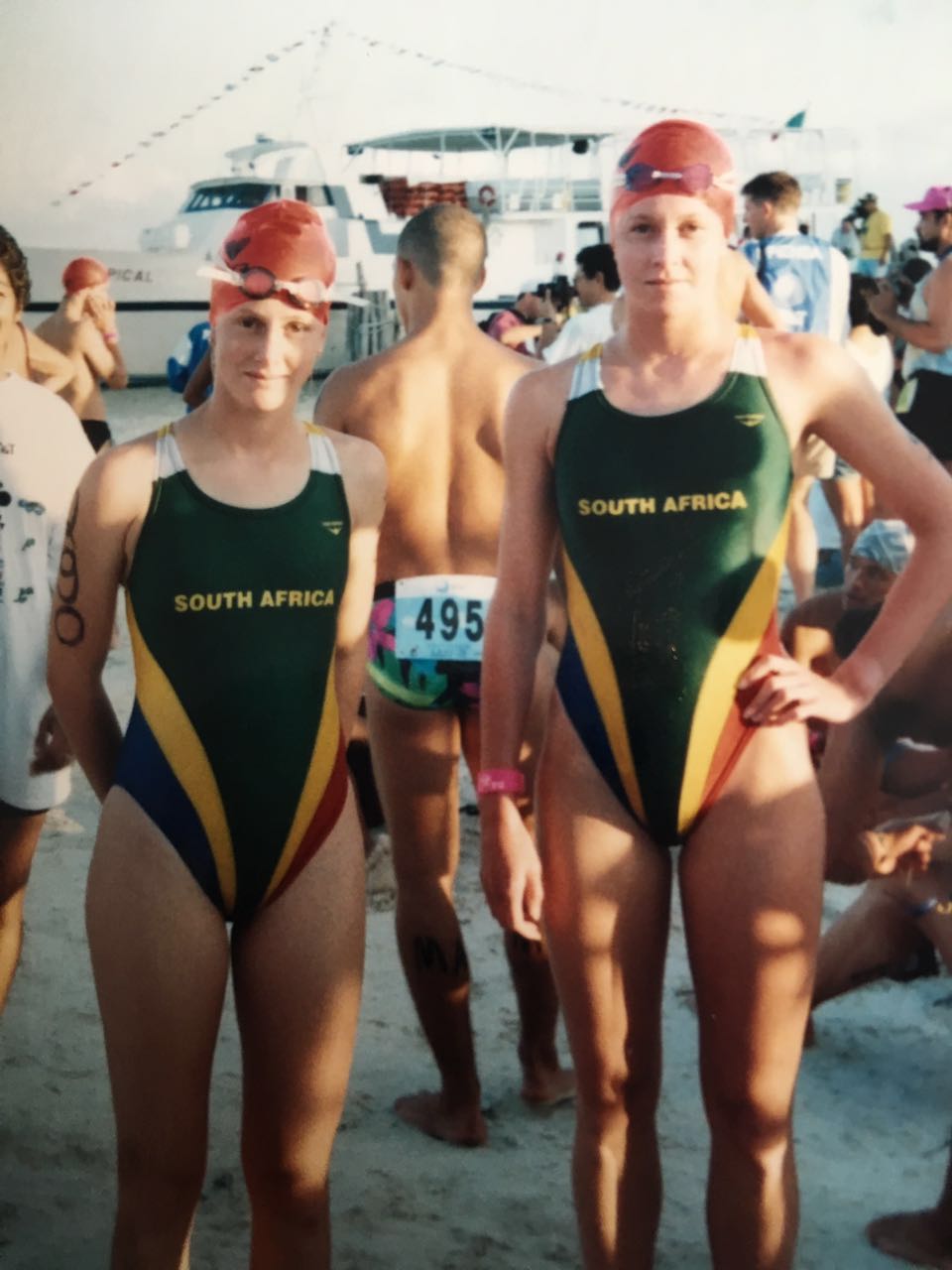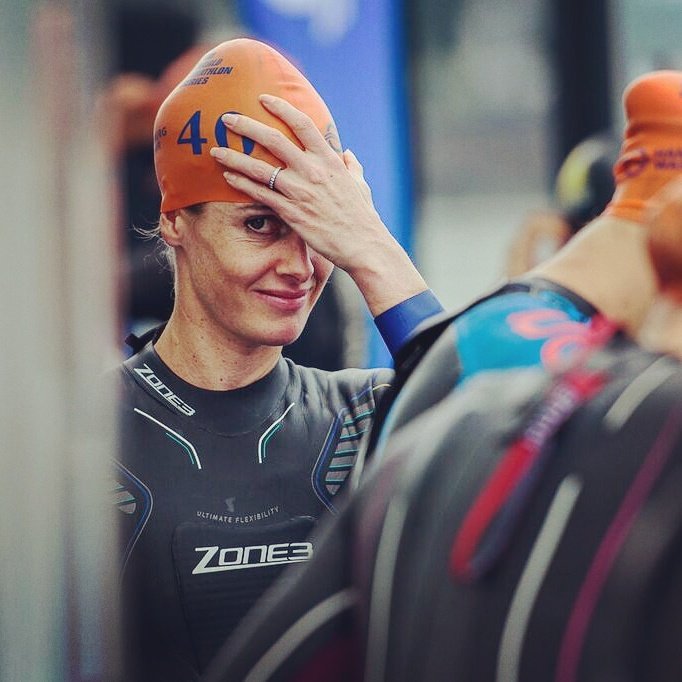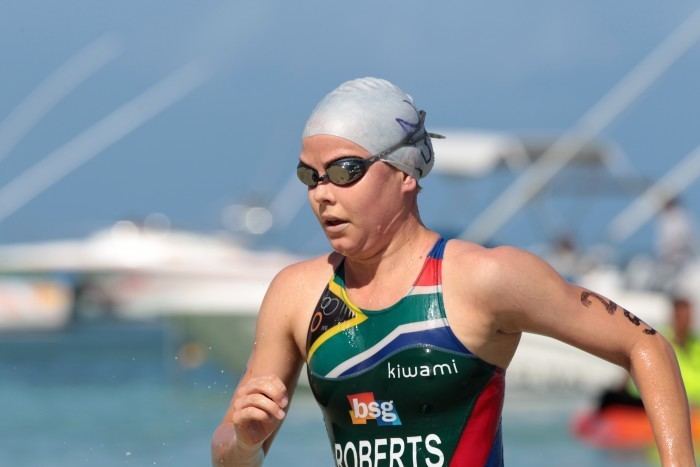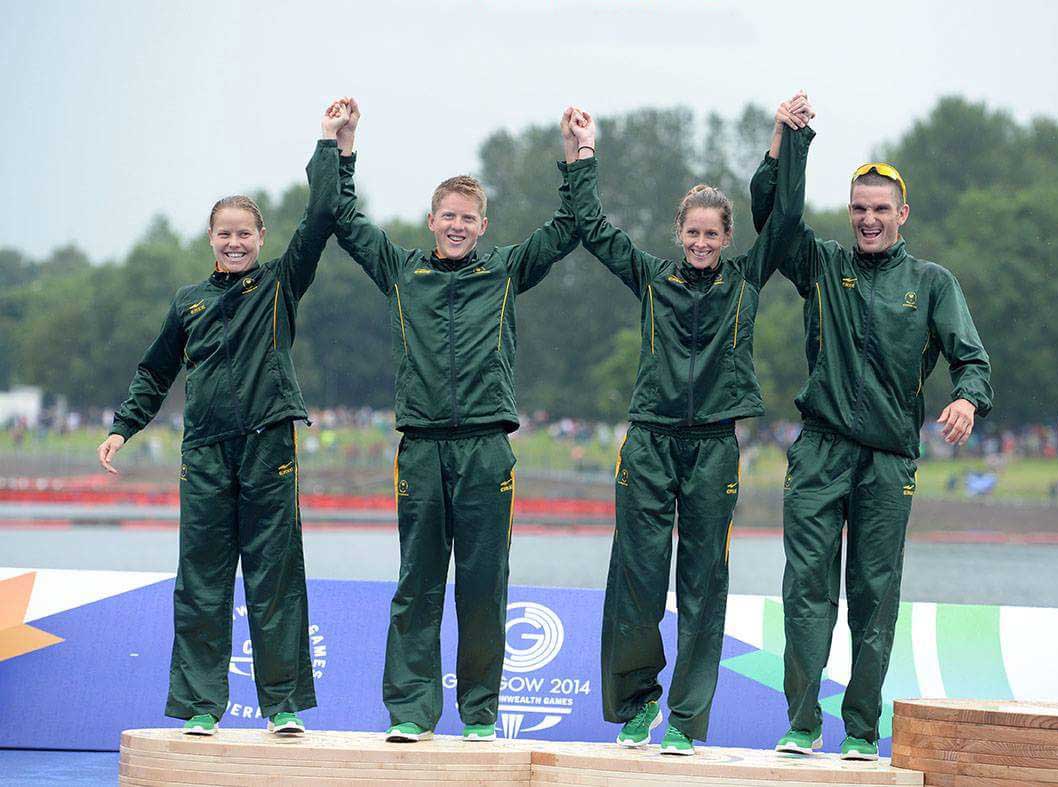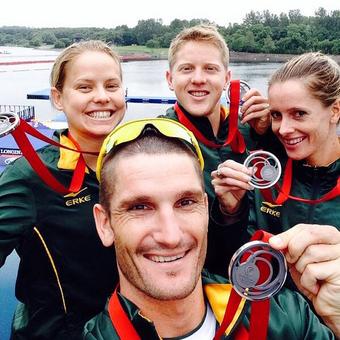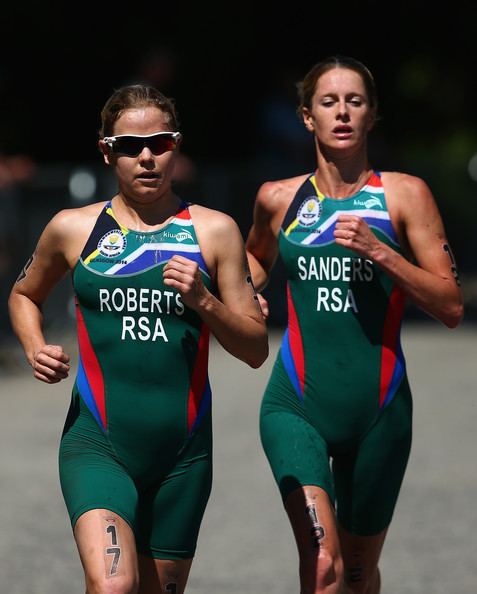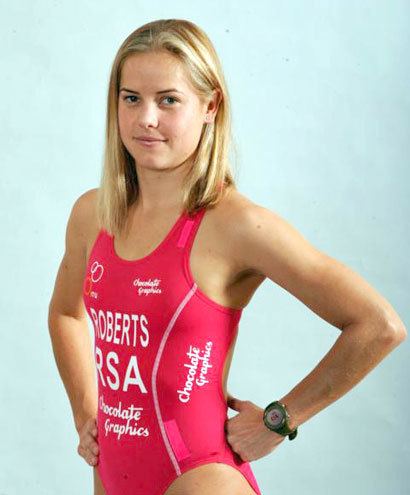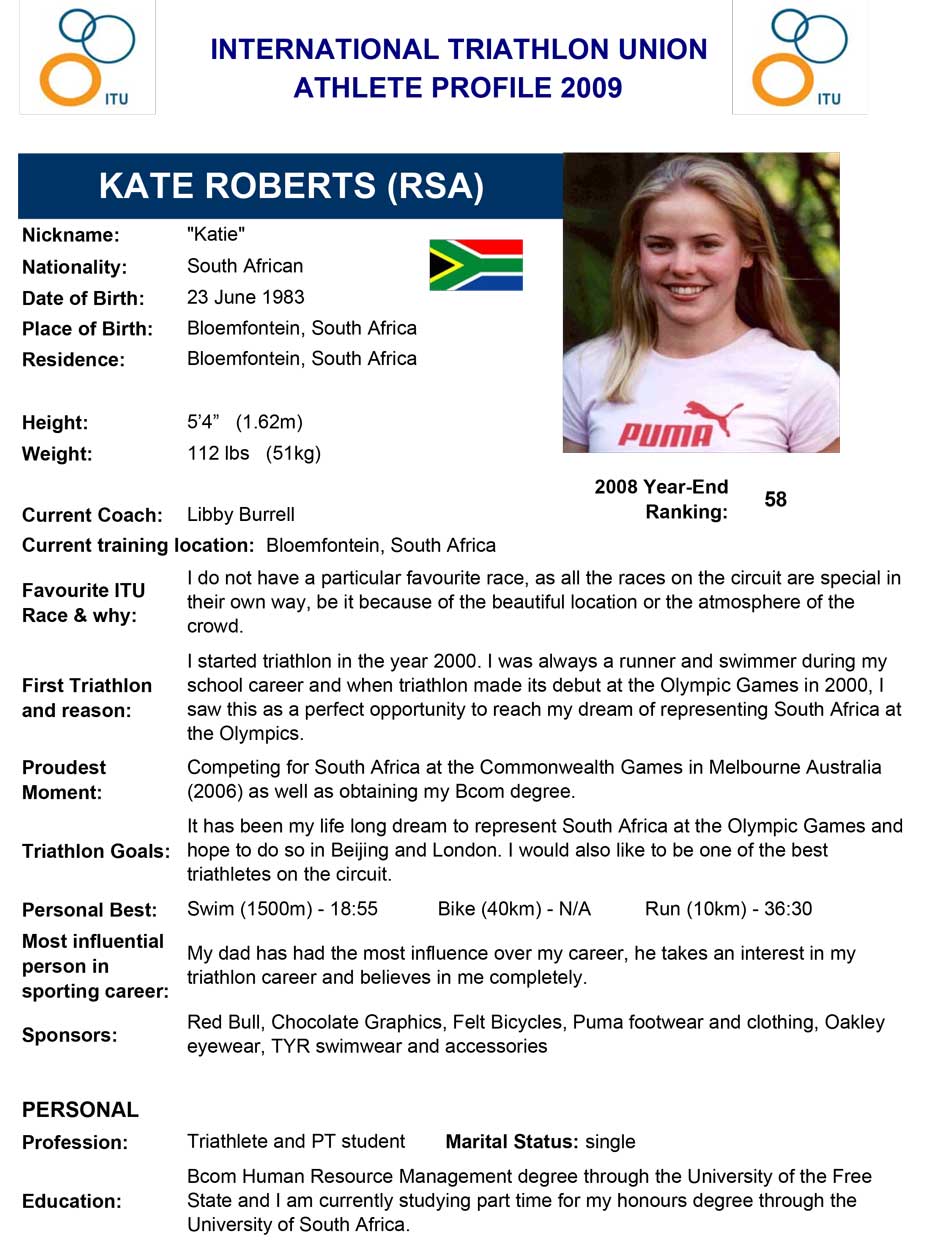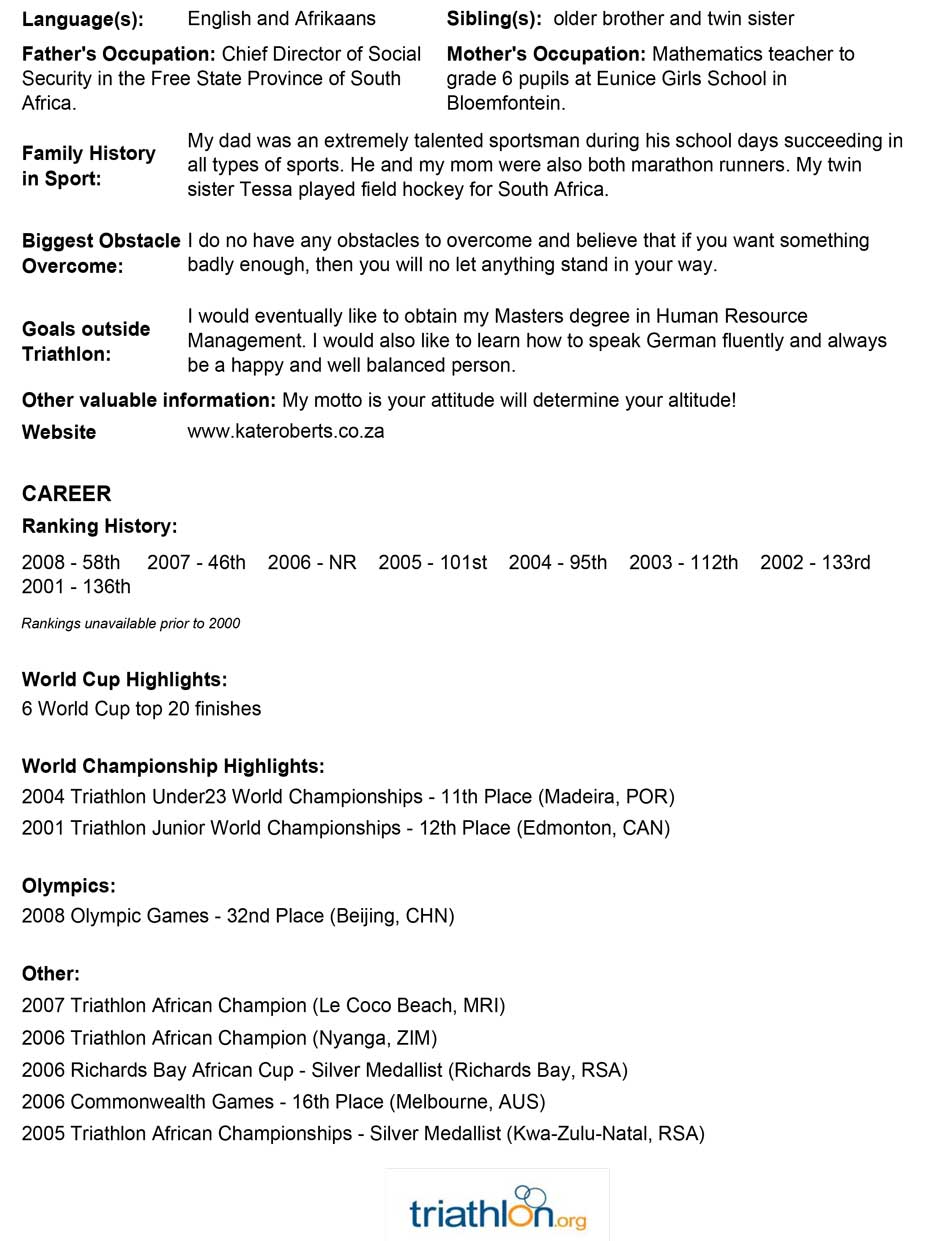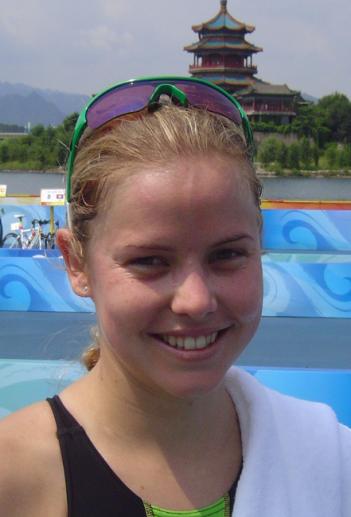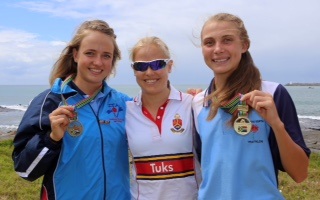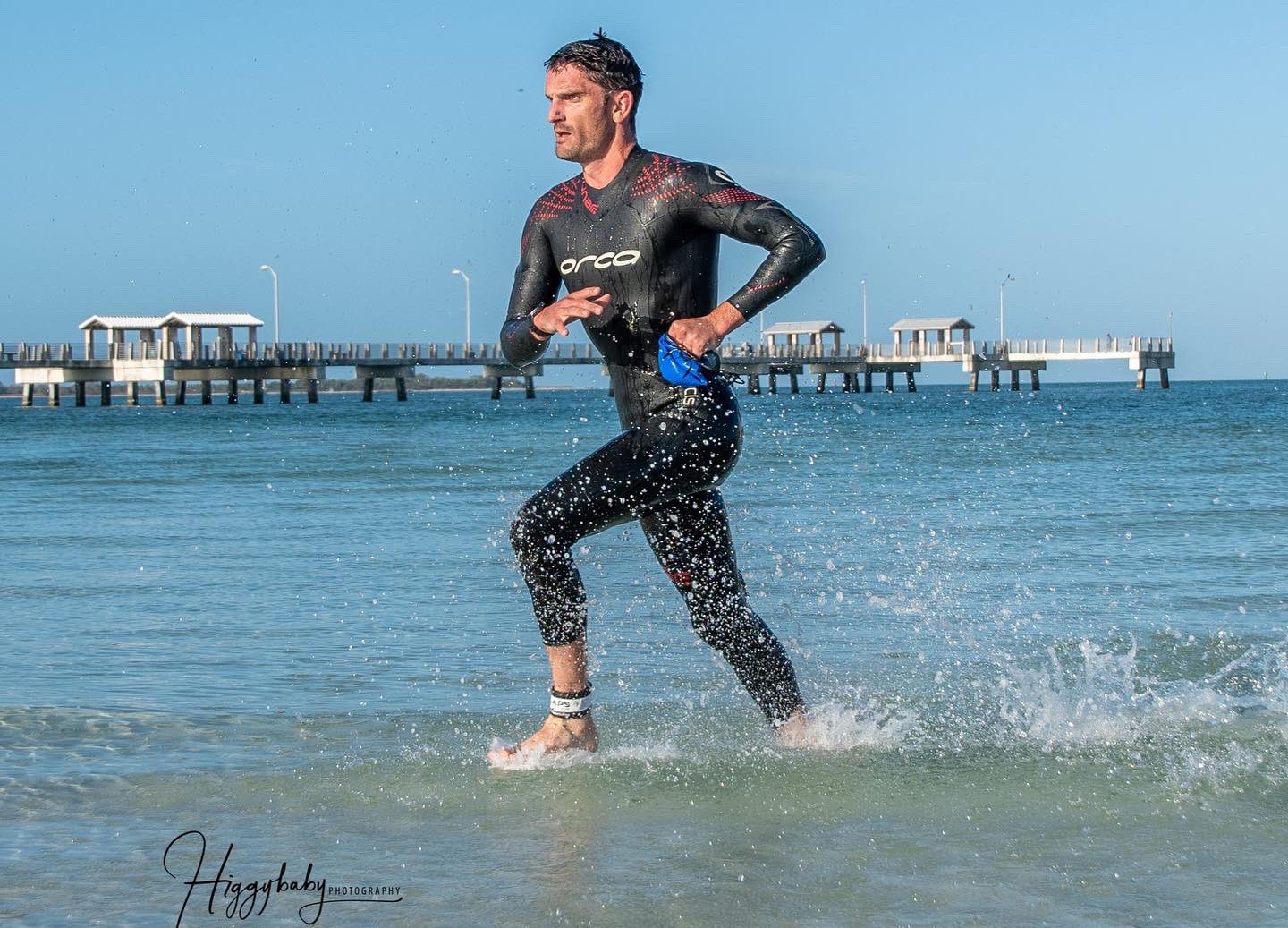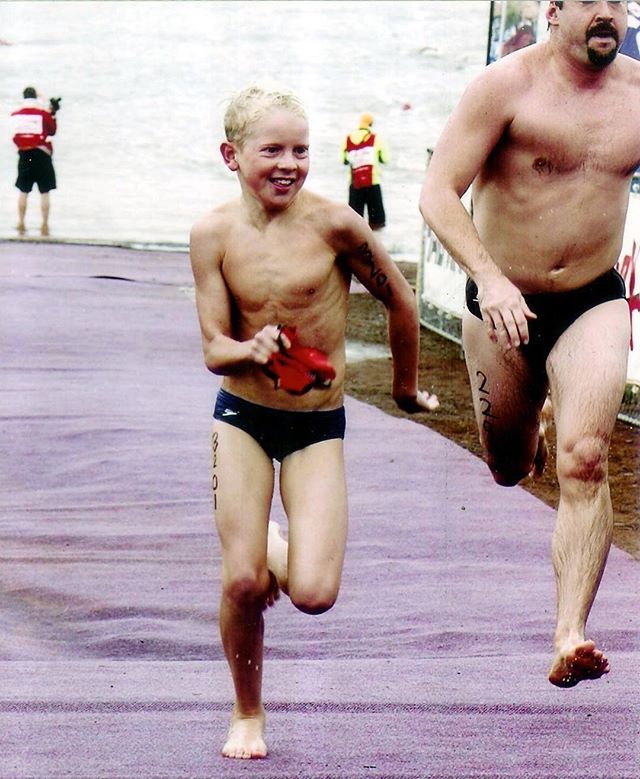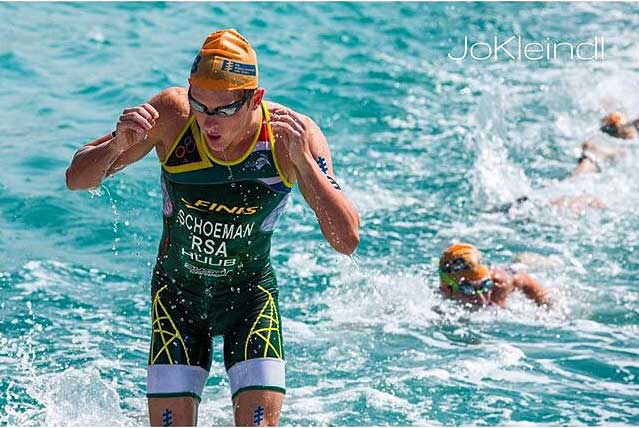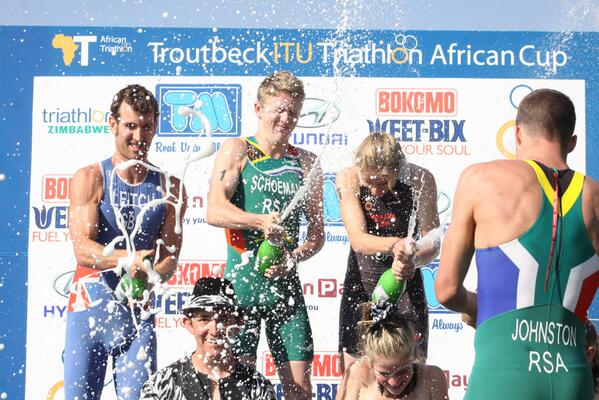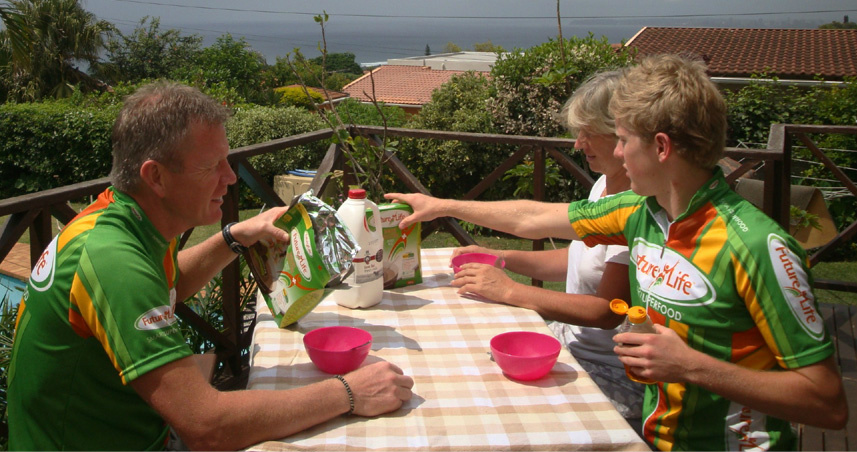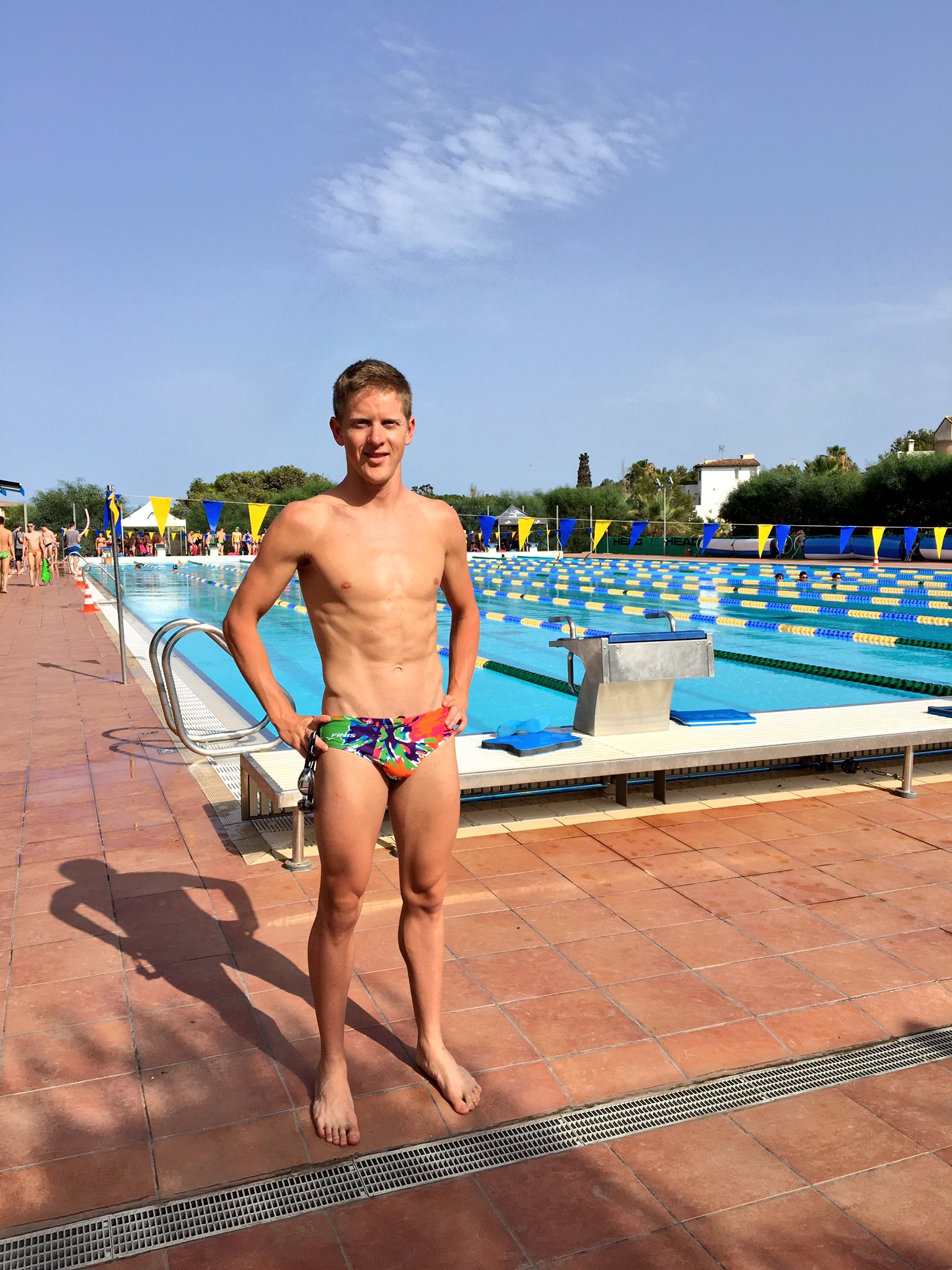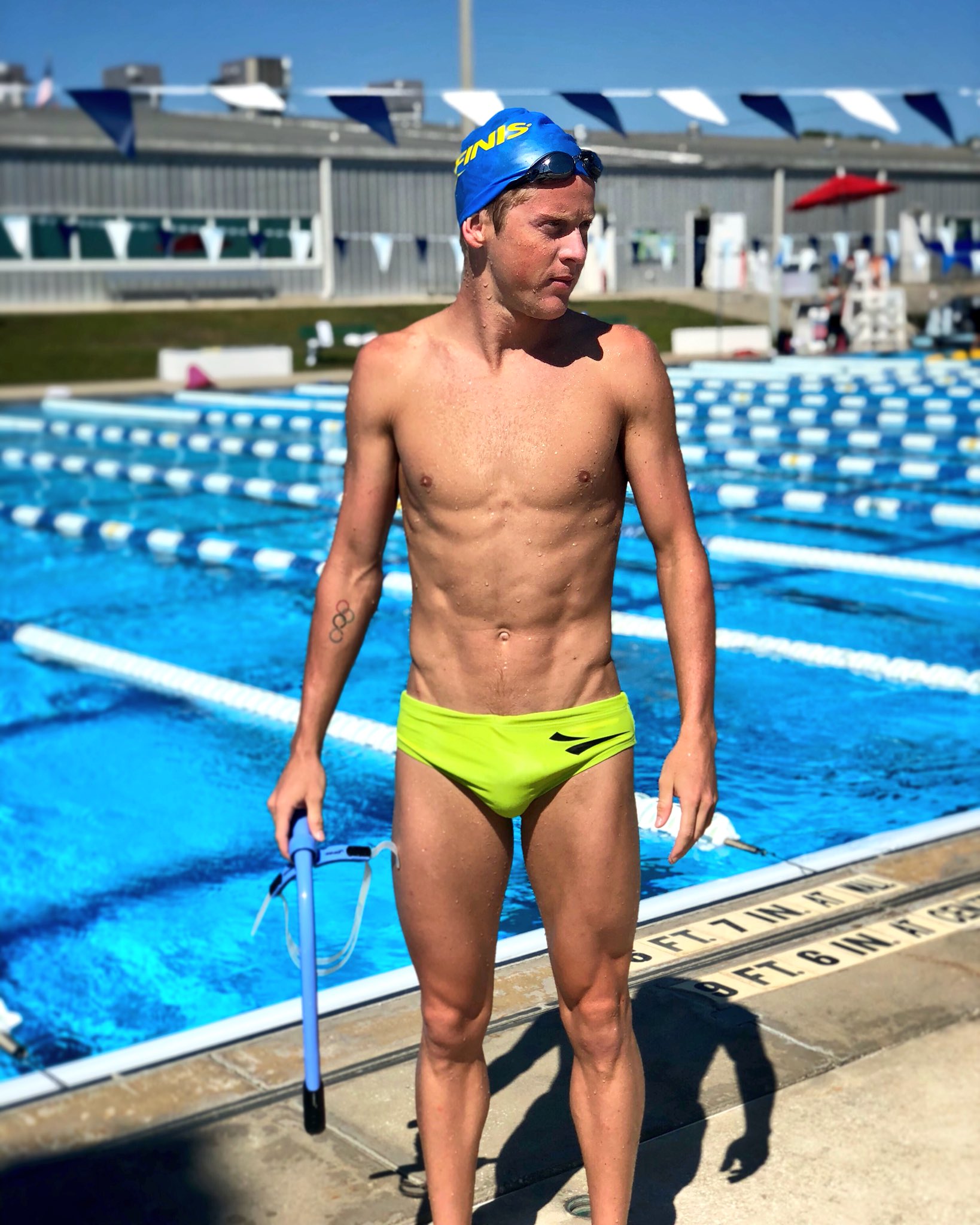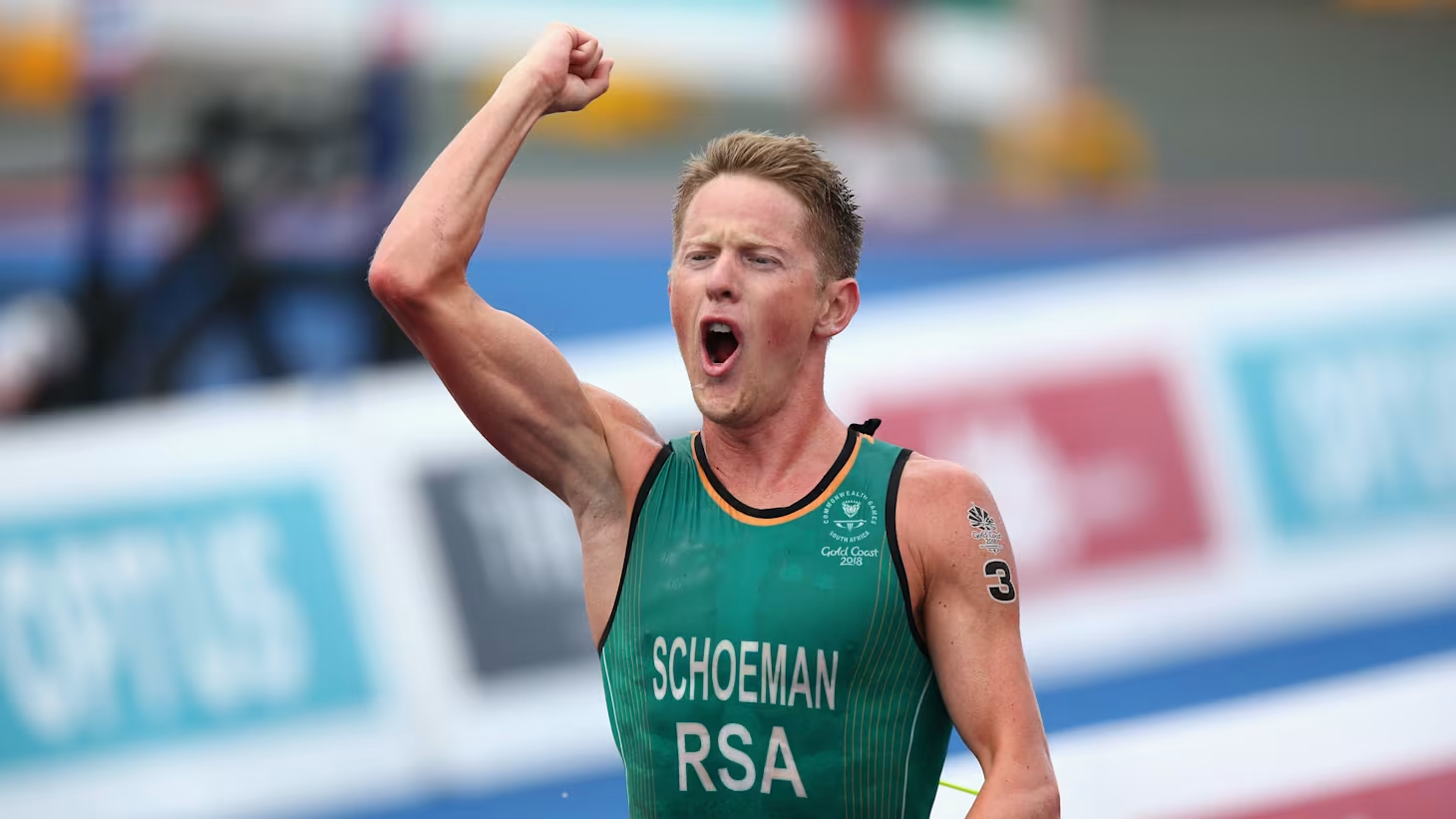Charl Crous
Charl Crous
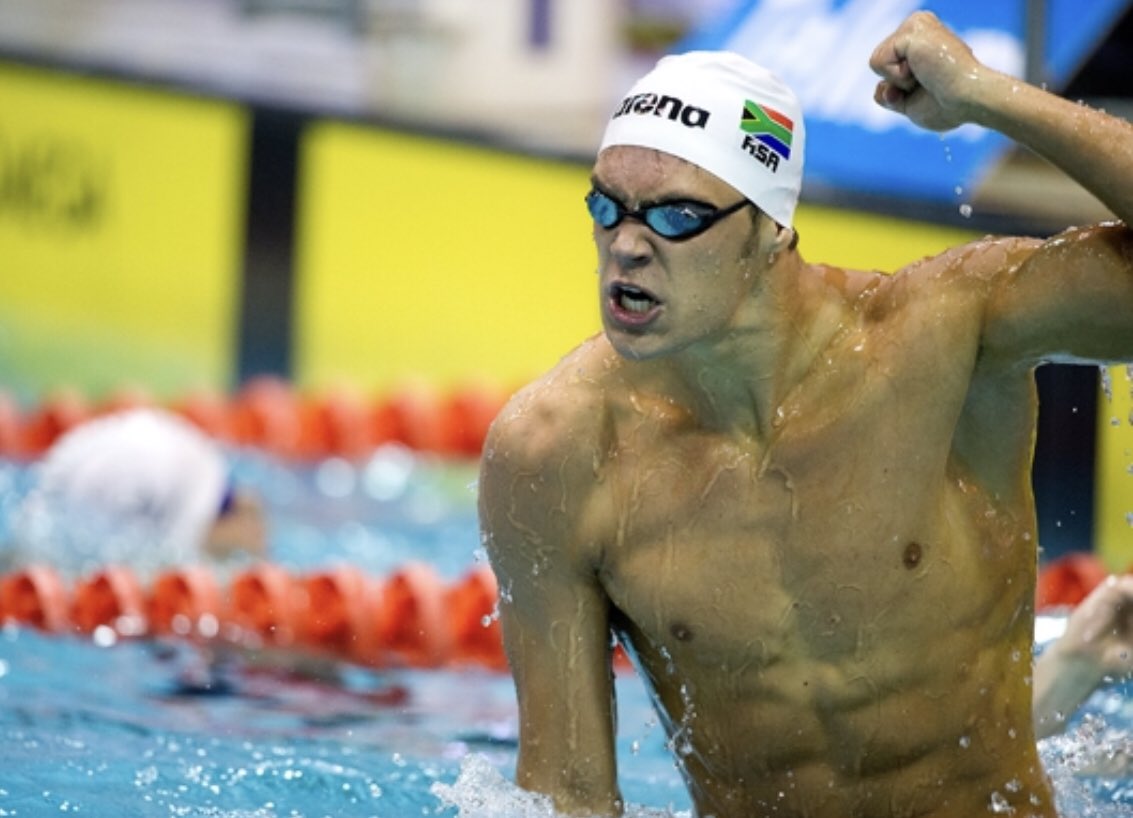
Charl Crous was born on 25 September 1990 in Johannesburg.
In the 2010 Commonwealth Games held in India, the South African 4x100m medley team of Charl Crous, Cameron van der Burgh, Chad le Clos and Gideon Louw took silver behind Australia.
At the 2012 Summer Olympics, he finished 33rd overall in the heats in the Men's 100-metre backstroke. He was also part of the South African 4 × 100 m medley relay team
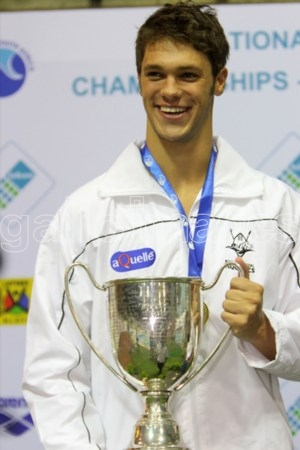
South African swimmer and Olympic qualifier Charl Crous through the lens
30 April 2012
KwaZulu-Natal swimming ace Charl Crous qualified for his first trip to the Olympics at the recent South African National Championships with a win in the 100 backstroke. His time of 54.17 ranked 20th in the world this year and betters the FINA A standard to secure his spot in London.
Crous, the national age group record holder in all three backstroke distances and member of the 2009 world championship team, will also likely swim the backstroke leg of the 400 medley relay at the 2012 Olympic Games in London.
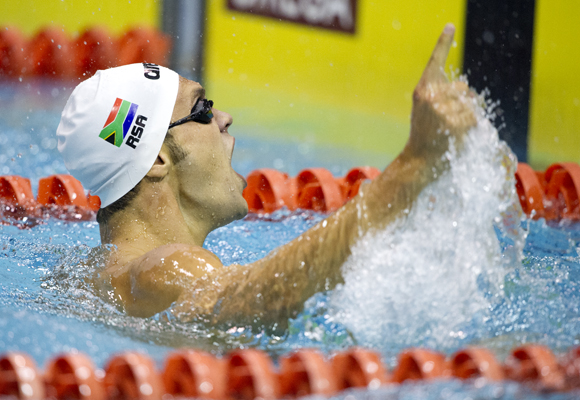
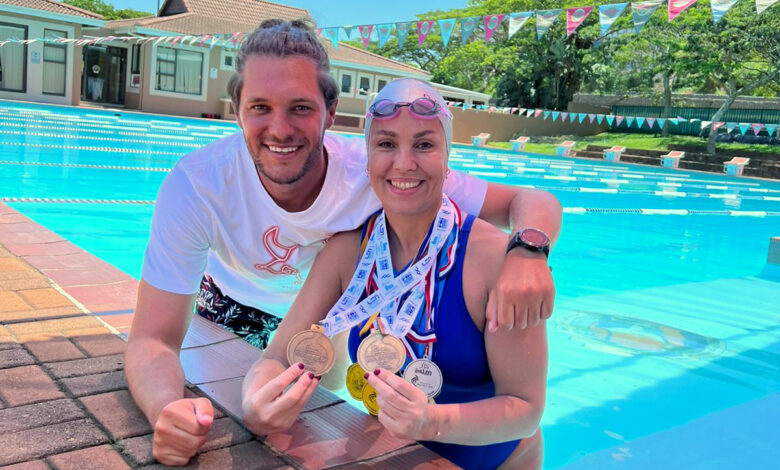
How Olympic swimmer Charl Crous revived Leila Dachraoui’s career Dachraoui returned to competitive swimming after a 27-year hiatus.
May 30, 2024
The impact of the right coach on an athlete can be the difference between medals and retirement.
For Tunisian masters swimmer Leila Dachraoui (52), that effect was almost instant after meeting Ballito coach and former Olympic swimmer Charl Crous in 2016.
The duo met while both were living in Dubai, but have kept their coach/athlete relationship going from afar ever since, as Leila moved back to Tunisia and Charl to Ballito.
Leila had previously enjoyed a promising swimming career in high school, claiming national age group titles and representing her country in the African Games, where she won a medley gold medal in 1987.
But life, family and a career as a practicing lawyer and professor kept her away from the pool for 27 years before the desire to compete bubbled back to the surface.
“My children had grown up and I decided that I wanted to get back into the sport I had grown up loving,” said Leila, who visited Ballito for a three-week training camp.
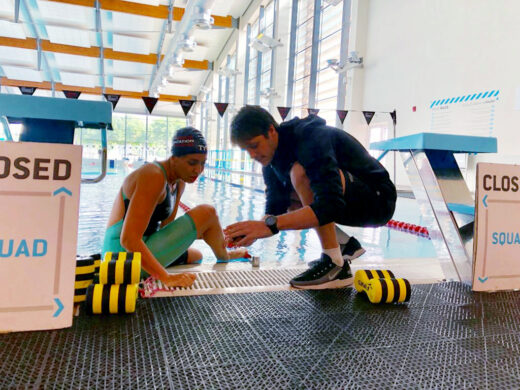
“I reached out to some friends at a large swimming club in France, who set me a time that I would need to swim to become a member.”
Leila missed the initial time and figured she probably needed some help after not swimming competitively for so long.
A friend recommended Charl, and a few days later they met and their partnership began, with an eye to swimming in the French Masters Championships six weeks later.
She cut both her 50m and 100m backstroke times by almost 5 seconds apiece – a huge difference in short-distance swimming terms – before claiming a silver and bronze medal in her age group.
That was all the proof she needed that Charl was the right coach and together they have trained for a number of major events, including two World Masters Championships.
In February this year, Leila claimed her first World Masters medal in Doha – a bronze in 50-54 100m backstroke, adding a fourth placed finish in the 50m backstroke.
It is a medal she hopes to improve on when she takes on next year’s World Masters in Singapore, should she recover from injury in time.
For Charl, the difference in Leila’s competitive ability has been living proof of his hard work, combined with hers of course.
“It was very interesting training Leila to begin with, because it had been so long since she had trained at a high level,” said Charl.
“It became more about creating personalised programmes to untap all of her previous potential. We have basically spoken daily since 2016, giving feedback and getting ready for the next challenge.”
Charl, who is also a backstroke specialist, swam at the London Olympics in 2012 and has since made his home in Ballito as a full-time coach.
He is one of the head coaches at the Ashton Swim Academy, which provides lessons for everyone from kids learning to swim to those competing at a national level.
“It is great to have all of the swimmers under one banner. Someone can start here at 8 years old and have consistent training and coaching for their next 10 years,” he said.
“There is some great talent on the North Coast and we are really excited about some of the swimmers coming through.”
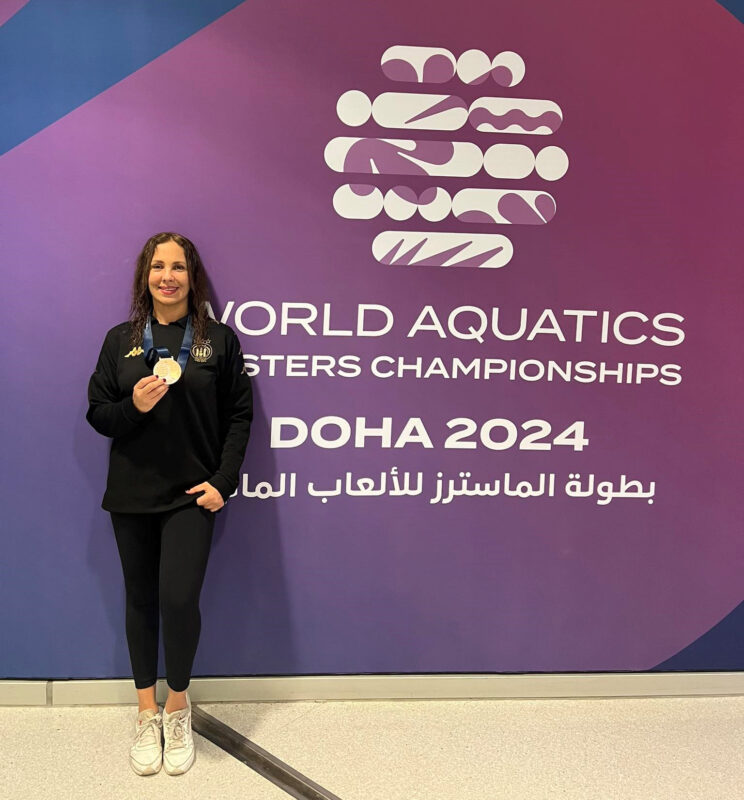
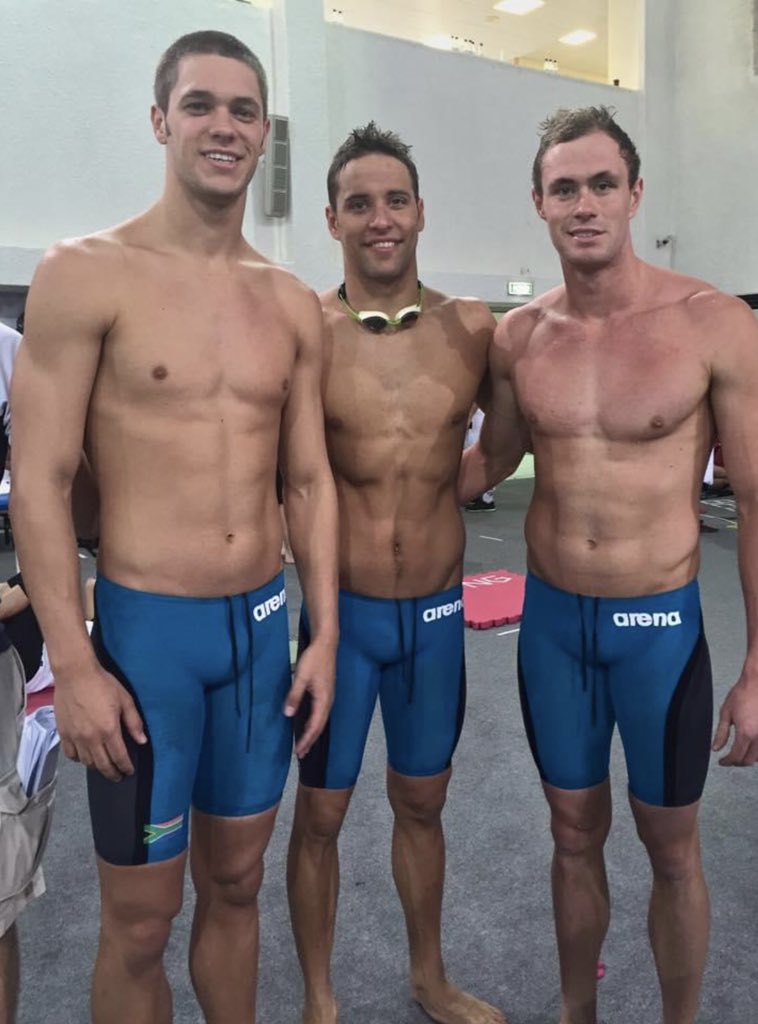
Charl Crous, Chad le Clos and Luke Pendock

Ashton Swimming Academy is based at the Ashton International College in Ballito.
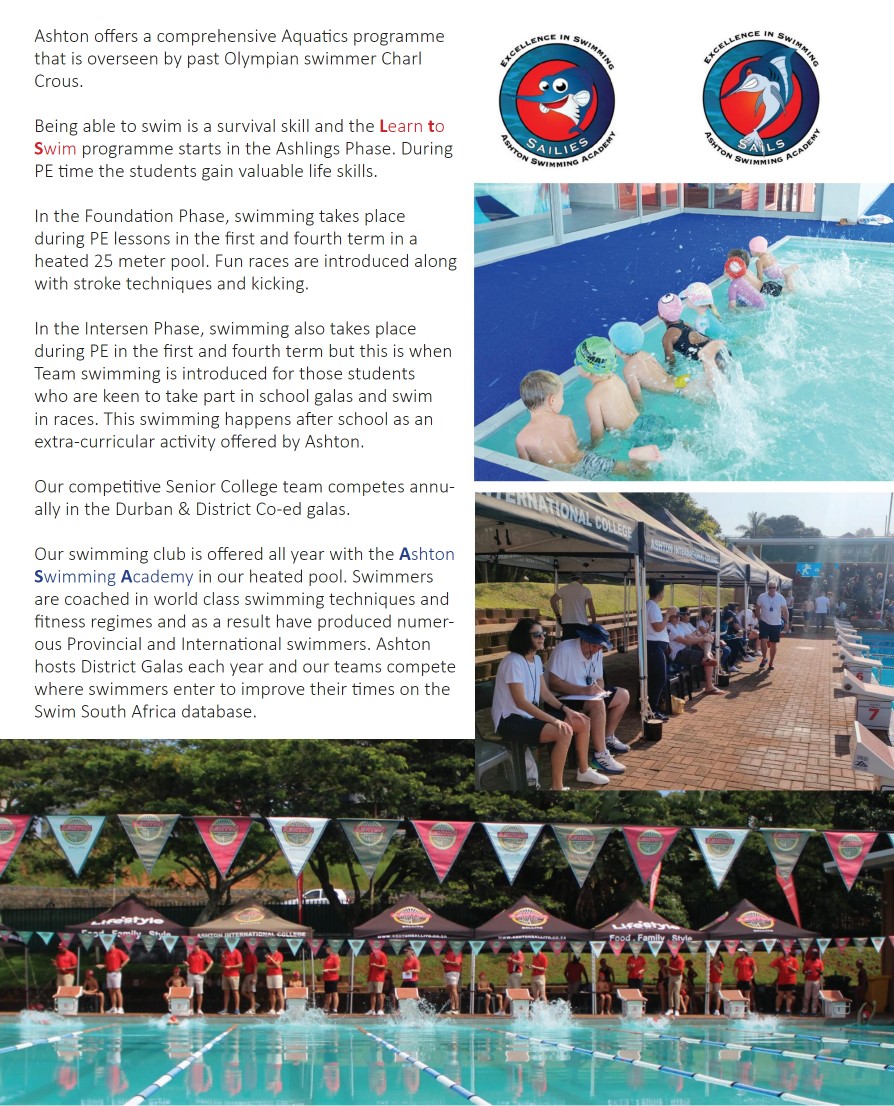
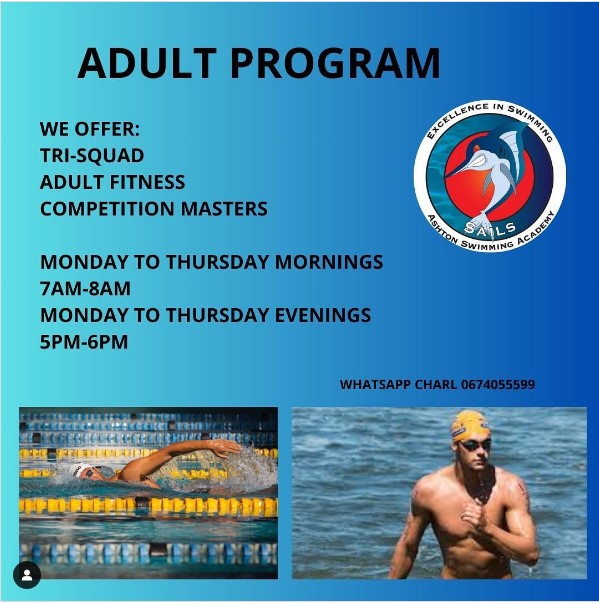
- Hits: 2060
